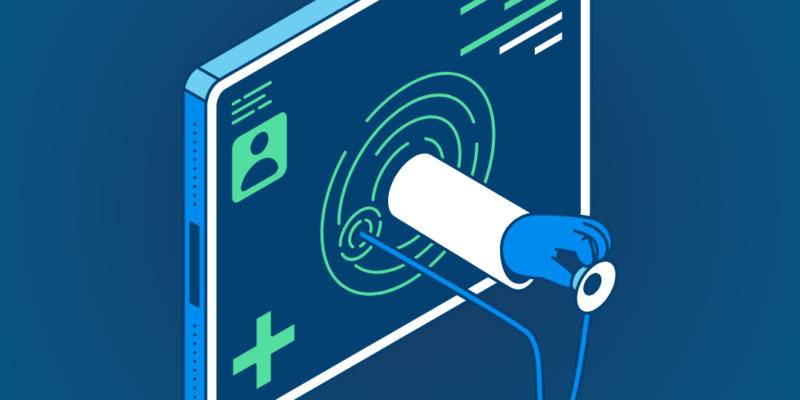In the digital age, the landscape of healthcare is rapidly evolving, with advancements in technology reshaping how medical services are delivered and accessed. Two terms that often emerge in discussions about modern healthcare solutions are “telemedicine” and “telehealth.” While these terms are sometimes used interchangeably, understanding their nuances is crucial for navigating the complexities of virtual healthcare effectively.
Telemedicine vs. Telehealth: Deciphering the Distinctions
To shed light on the disparity between these terms, let’s consult healthcare industry leaders who have meticulously differentiated telemedicine from telehealth:
Telemedicine: This term typically refers to the remote diagnosis and treatment of patients using telecommunications technology. It encompasses services such as virtual doctor consultations, remote monitoring of vital signs, and even remote surgeries conducted by specialized surgeons using robotic technology. Telemedicine primarily focuses on the clinical aspect of healthcare delivery, allowing patients to access medical expertise without the need for in-person visits.
For instance, a patient living in a rural area with limited access to specialized medical care can consult with a cardiologist located in a distant city via video conferencing for an expert opinion on their heart condition. Similarly, a dermatologist can diagnose and prescribe treatment for a skin ailment by examining high-resolution images sent by the patient through a secure online platform.
Telehealth: On the other hand, telehealth encompasses a broader scope of healthcare services beyond clinical care. It includes not only medical consultations but also encompasses health education, remote monitoring of chronic conditions, mental health support, and administrative activities like healthcare management and training for healthcare professionals. Telehealth aims to enhance overall healthcare delivery by leveraging technology to improve accessibility, efficiency, and quality of care.
For example, telehealth programs can provide patients with educational resources on managing diabetes or offer virtual support groups for individuals struggling with mental health issues. Remote patient monitoring devices can transmit real-time data to healthcare providers, enabling proactive interventions to manage chronic conditions effectively.
Importance of Accessing Telemedicine Internationally
In an interconnected world where geographical barriers should not impede access to quality healthcare, the significance of accessing telemedicine internationally cannot be overstated. International telemedicine services open doors to medical expertise and resources that may be unavailable or prohibitively expensive in certain regions. Patients can seek second opinions from renowned specialists, access cutting-edge treatments, and participate in clinical trials regardless of their location.
Moreover, international telemedicine facilitates medical tourism, allowing patients to travel to renowned healthcare destinations for specialized treatments or surgeries at a fraction of the cost compared to their home countries. This democratization of healthcare empowers individuals to make informed decisions about their health and well-being, irrespective of geographical constraints.
In conclusion, while telemedicine and telehealth are often used interchangeably, it is essential to recognize the subtle yet significant distinctions between these terms. Telemedicine primarily focuses on clinical care delivered remotely, whereas telehealth encompasses a broader spectrum of healthcare services, including education, monitoring, and administration.
Moreover, accessing telemedicine internationally opens up a world of opportunities for patients seeking specialized medical care, regardless of their geographical location. MexiaHealth stands ready to bridge the gap between patients and world-class healthcare services in Mexico City, offering unparalleled virtual telehealth solutions at affordable rates.
For inquiries or to schedule a virtual consultation, contact MexiaHealth today and experience excellence in telemedicine and telehealth services like never before.
[Disclaimer: This blog post is for informational purposes only and does not constitute medical advice. Readers are encouraged to consult with qualified healthcare professionals for personalized medical guidance.]


